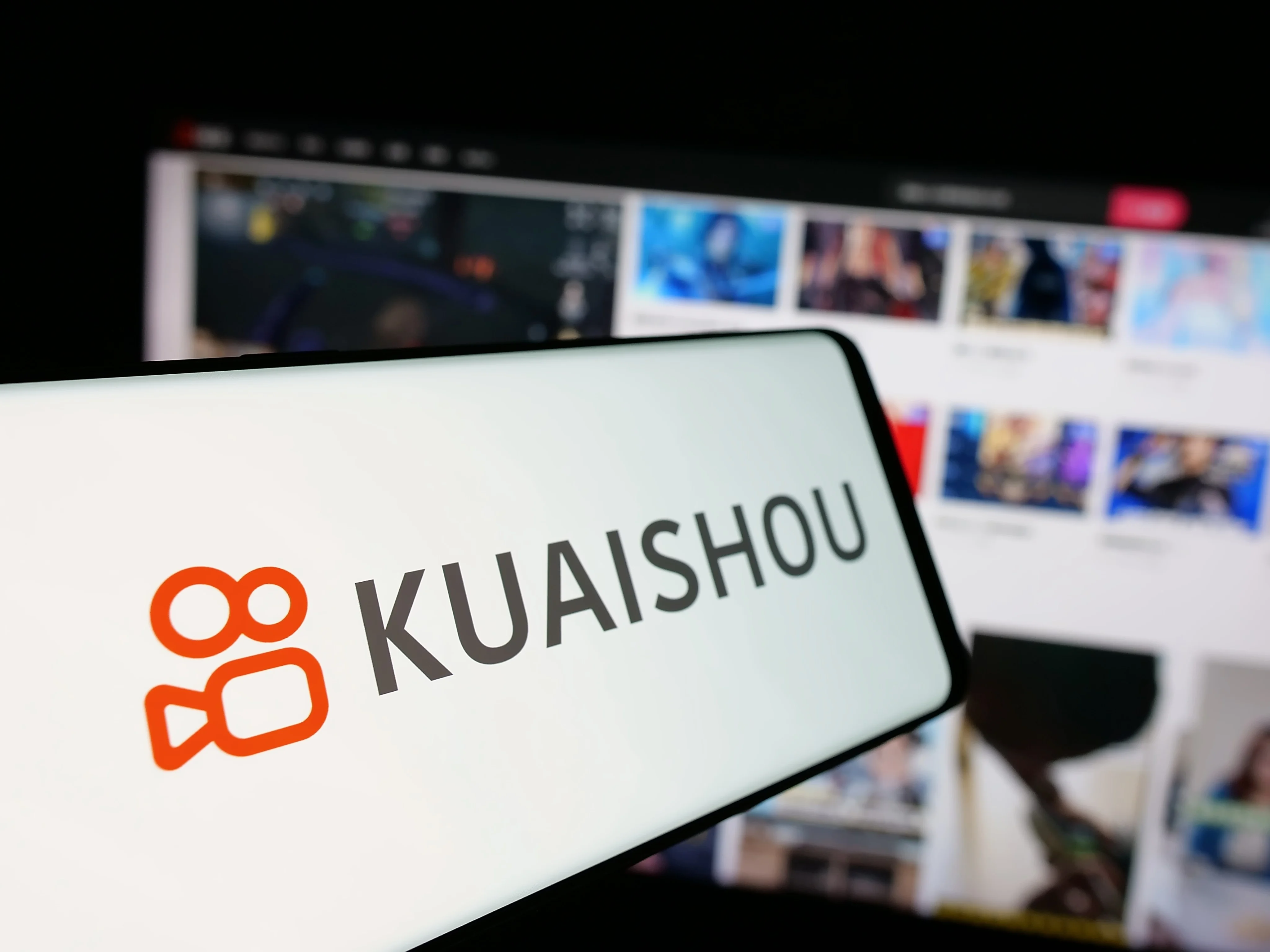By Ben Jiang
Copyright scmp

The operator of China’s second-most popular short video app, Kuaishou Technology, and microblogging platform Weibo came under scrutiny from the nation’s top internet regulator for allegedly “damaging the online ecosystem” due to lax content control.
Kuaishou and Weibo had failed to manage content effectively, allowing celebrity gossip to infiltrate their trending topics, according to two notices published on the Cyberspace Administration of China (CAC)’s WeChat public account on Saturday.
The CAC said it had engaged in discussions with the companies and imposed disciplinary measures, including official warnings and corrective orders with a compliance deadline.
The companies, both based in Beijing, issued similar responses later that day, saying that they “sincerely accept the criticisms” and would “take the matter seriously”.
Kuaishou said “we have immediately established a task force for rectification”, while Weibo said it would “deeply reflect on our missteps”.
The CAC’s actions followed a similar disciplinary notice issued to lifestyle social media platform RedNote earlier this month. The agency has targeted trending topics amid a broader crackdown on content deemed undesirable or harmful.
The regulator attributed the “disruption of the internet ecosystem” to the prevalence of celebrity gossip. In response, RedNote said it formed a dedicated team to implement corrective measures while also “accepting the criticisms” and “reflecting on wrongdoings”.
The initiative is part of a two-month investigation into online content that “viciously stimulates negative emotions” on short video, social media and live-streaming platforms, according to a notice published on the CAC’s official website on Monday.
Kuaishou also faces a separate investigation by the State Administration for Market Regulation. Authorities on Friday accused a Kuaishou unit of malpractice in the live-streaming e-commerce business. The firm said it was actively cooperating with the investigation.
Meanwhile, Kuaishou, which competes with TikTok’s Chinese counterpart Douyin, has been advancing its artificial intelligence video model both domestically and globally to diversify beyond short videos and live-streaming e-commerce.
On Monday, the company unveiled an updated video generation model, Kling AI Video 2.5, claiming advances in several areas, including highly dynamic scenes, improved adherence to complex prompts, and cinematic quality.
The tool, in beta testing, was introduced at the Busan Film Festival in South Korea, one of Asia’s most influential film festivals, underscoring the company’s efforts to expand its Kling AI platform for professional content creators.
“Creators can now produce more cinematic scenes with emotional depth and refined expressions,” said Zeng Yushen, head of operations at Kling AI, during the event.
Kuaishou is also promoting the use of its video tool in the domestic film sector. Last year, it launched a project in collaboration with renowned Chinese directors, including Jia Zhangke, to explore AI-generated short films.
The company said Kling AI had more than 45 million users across 149 countries, generating over 400 million images and 200 million clips. Its clientele included more than 20,000 developers and enterprise clients in the advertising, film and television sectors.
Kuaishou’s shares in Hong Kong slipped 2.37 per cent to close at HK$74 on Monday, while Weibo dipped 0.1 per cent to HK$97.50.



